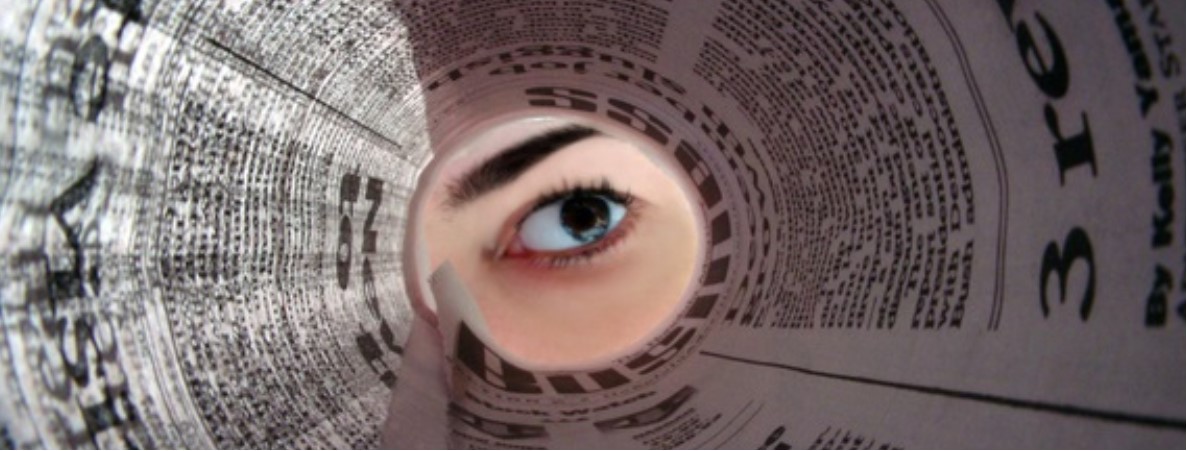In 2018, this figure was 22 percent, 17 percent in 2017 and 22 percent in 2016. Twelve years ago, only nine percent of respondents gave this answer. In contrast, the group of those who take a balanced position (“partly, partly”) is smaller than ever in the six surveys of the Mainz research group to date.
“Apparently more and more people see themselves in the face of an increasingly polarizing debate culture, which is why they have to take a position themselves,” the researchers conclude. Confidence in public service broadcasting has remained stable, according to the survey. Public television in particular enjoys a high level of approval with more than two thirds. The interviewees have the least trust in the tabloids.
“About every fifth citizen in Germany accuses the media of systematically lying to the population,” the researchers noted. At the same time, however, the number of those who reject such allegations had also grown. Some 18 percent agreed with the statement: “The population in Germany is systematically lied to by the media.” In 2018, it was 16 percent. In contrast, 58 percent rejected the “lying media” accusation.
According to the study, citizens are particularly divided when it comes to reporting on the AfD and Islam. Around a third do not trust the media reports on AfD matters. The distrust of Islam is also comparatively high at 30 percent, even if it has decreased slightly compared to the previous year.
The findings also suggest that “confidence in the established media has in no way been eroded on a large scale in the wake of the ‘lying media’ debate”. Nevertheless, a relevant core of critics has emerged “that condemns the established media across the board”. This core has grown and not surpringly: “People who are cynical about the established media find themselves above average on the right side of the political spectrum.”













One comment
The mainstream media, including the wire services that provide “raw” news that other media outlets often rely upon for world or national news, often show a clear bias in the selection and reporting of news. This is quite pronounced in Germany, but is also seen in reporting from other European countries as well. But the case of the German press is a very serious one. The German media are part of the country’s political class, most of which shares a world view that conforms to that of the current center-left national leadership as well as that of the European Union. Thus policies from both Berlin and Brussels are normally accepted without question, and those who do question them are subject to criticism, often relentless in nature. Much of the opprobrium is directed against those who criticize mass migration, open borders, and the belief that Muslim migrants can be “integrated” or otherwise acculturated. Media excesses in labelling Euroskeptics and critics of mass migration as extremists generally go unchecked by the German government, which finds such criticism of its opponents useful. Currently the Alternative for Germany (AfD), a mainstream, center-right political party, is under attack by the media and those who support it, most German media labeling it “far-right” or the like. The aim is to portray it as extremist and put it in the same category as verifiable political extremists.
By submitting a comment you grant Free West Media a perpetual license to reproduce your words and name/web site in attribution. Inappropriate and irrelevant comments will be removed at an admin’s discretion. Your email is used for verification purposes only, it will never be shared.